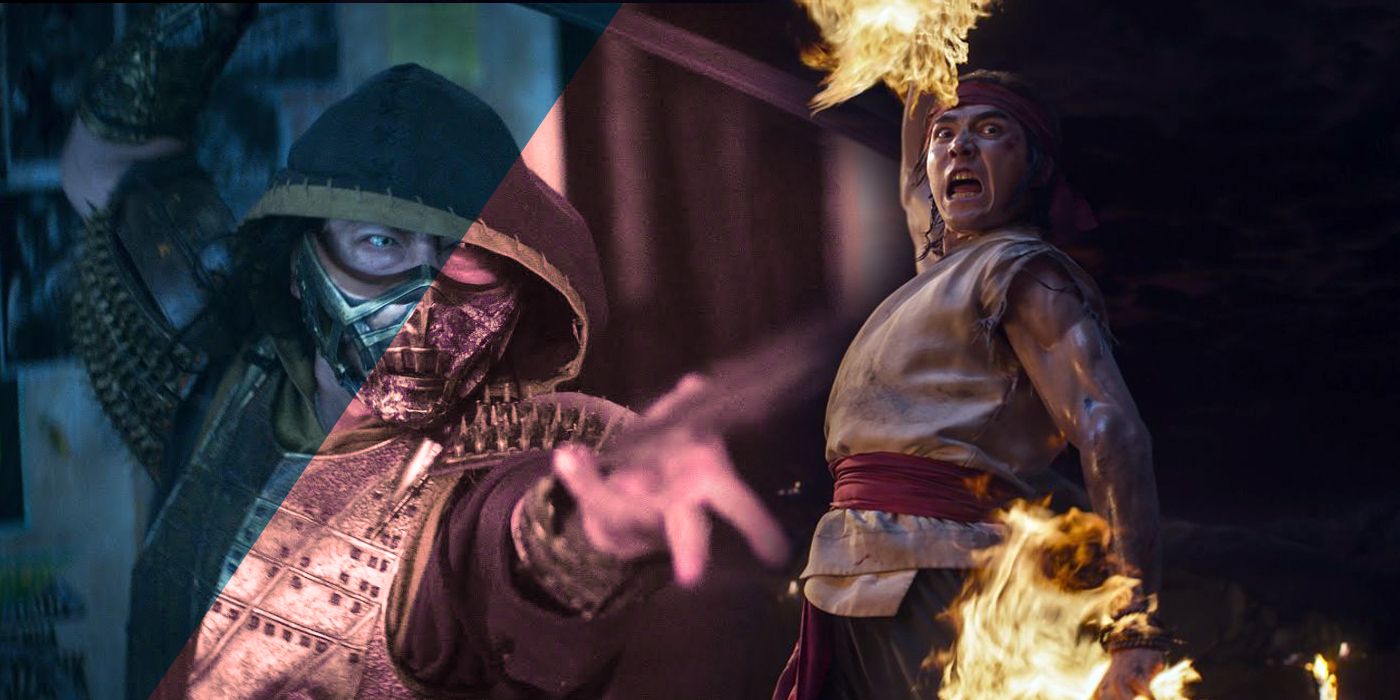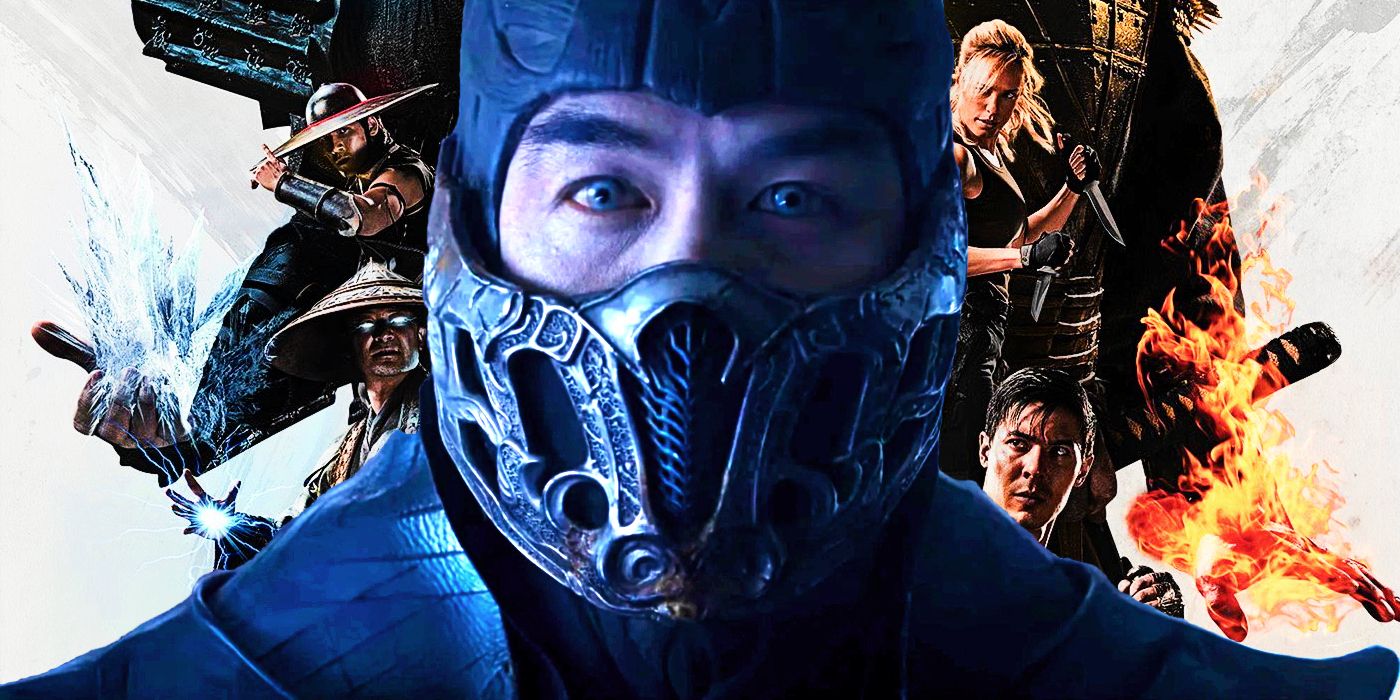WARNING: the following contains SPOILERS for Mortal Kombat.
The 2021 reboot Mortal Kombat doesn't actually feature the titular tournament — and is better for it. Based on the popular fighting video game series, which began with the (controversial) 1992 Midway arcade game, Mortal Kombat, the franchise has grown to include several games as well as various adaptations. A central theme in the series is a deathmatch tournament, which sees the Earth realm competing against the nefarious Outworld.
HBO Max released the long-awaited Mortal Kombat reboot on April 23, 2021. In this version, the Outworld has won nine straight tournaments against Earth. If "Earthrealm" loses once more, soul-eating sorcerer Shang Tsung will invade and conquer. This makes the stakes incredibly high; however, the Earth is woefully unprepared, with only a handful of warriors ready to take on the challenge.
Although Mortal Kombat sets up the high-stakes tournament, it never actually occurs. Instead, the various characters pair off to fight to the death. The change is unexpected but welcome. Not only does the narrative choice subvert expectations, but it adds to the story's stakes — and finds a way to make the familiar story feel fresh, even for long-time fans of the franchise.
In the Mortal Kombat reboot, Earth's champions are given little opportunity to train (and discover their arcana) before Shang Tsung invades. Not wanting to risk losing his opportunity to gain access to Earthrealm, he sends his fighters to assassinate the chosen warriors, who are marked with a distinct symbol on their skin (a bit like a birthmark). It's an underhanded move (and not strictly allowed) — but as Shang Tsung points out, the other gods won't intervene to stop it. This leaves Earth's protector, the god of thunder Raiden, with few options to protect his warriors.
By instigating conflict before the actual tournament, Mortal Kombat manages to capture the feel and spirit of the original games, which paired characters off in one-on-one matches. It also creates a circumstance that introduces Cole Young as a newcomer (narratively standing in for the audience, who is also new to this world), while also setting up an iconic matchup from the franchise's lore. Scorpion returns from hell to fight Sub-Zero, recreating the original backstory for these characters in the games. Scorpion (Hanzo Hasashi) and Sub-Zero (Bi-Han) are from rival ninja clans, Japanese and Chinese, respectively. Just as in the reboot, in the original games, Scorpion returns as an undead specter to seek revenge on Sub-Zero for killing him and his family. Given the setup of the reboot — that Cole Young was the prophesized Hanzo Hasashi descendant who would lead Earth to victory — it wouldn't have made sense for Scorpion to also fight in the tournament as an Earthrealm champion. Instead, he kills Sub-Zero outside the confines of Mortal Kombat.
Although an epic tournament is at the center of Mortal Kombat's plot, audiences don't actually see the deathmatches play out in an official setting. Ultimately, this is better for the reboot overall — it suited the more grounded, street-level tone of the fantasy movie, and meant more time (and budget) was spent on tight fight choreography — and convincing special effects — within confined spaces. Massive CGI audiences and epic, otherwordly stages wouldn't have added anything — and likely would have made Mortal Kombat feel more like a retread of previous iterations.


